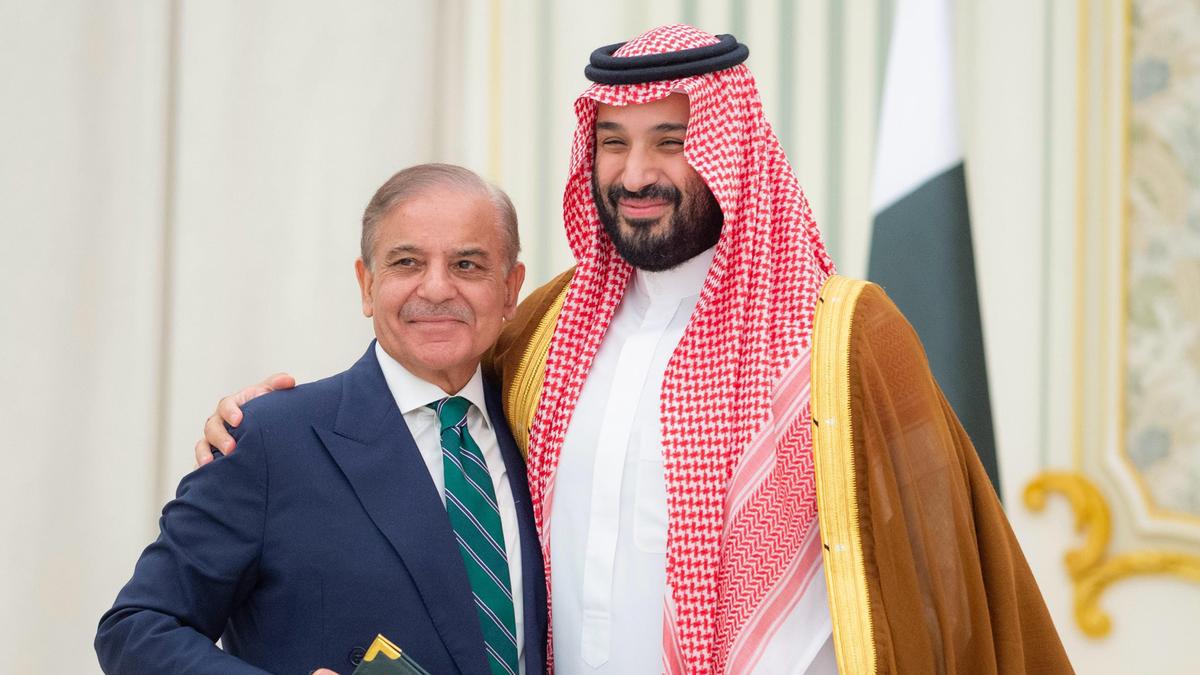20 September 2025 The Hindu Editorial
What to Read in The Hindu Editorial( Topic and Syllabus wise)
Editorial 1: Quit stalling
Context
The ECI should actively assist in advancing the investigation into the Aland electoral roll fraud.
Introduction
Rahul Gandhi, Leader of the Opposition, has raised serious allegations against the Election Commission of India (ECI) regarding fraudulent attempts to manipulate electoral rolls in Karnataka’s 2023 Assembly elections. While earlier claims in Mahadevapura were inconclusive, the Aland case points to deliberate attempts to delete legitimate voters. Gandhi highlights that a stalled CID probe, due to lack of technical data from the ECI, prevents tracing the fraudsters, raising concerns about transparency, accountability, and electoral integrity.
Allegations Against the Election Commission of India
Allegations Overview
- Rahul Gandhi, Leader of the Opposition in Lok Sabha, raised serious accusations against the Election Commission of India (ECI)and the Chief Election Commissioner.
- Focus: Alleged fraud in electoral rollsduring the 2023 Karnataka Assembly elections.
- Key constituencies:
- Mahadevapura– Earlier inconsistencies, but no conclusive evidence of manipulation.
- Aland– Alleged deliberate attempts to manipulate rolls to Congress’s disadvantage in a close contest with BJP.
Aland Case Details
- Investigative report: First reported by The Hinduearlier this month.
- Fraudulent activity: Miscreants filed Form-7 applicationsto delete legitimate voters.
- Scale: Nearly 6,000 voters
- Outcome: ECI prevented deletion, so no actual effect on election results.
- Core allegation: CID probe stalleddue to ECI refusing to provide technical documentation (destination IPs, ports) necessary to trace fraudsters.
ECI’s Response and Issues
- ECI acknowledged attempted deletionsand sharing of details with police.
- Did not address CID requestsfor digital evidence needed to trace identities and locations.
- Lack of data makes investigation extremely difficult, akin to “finding a needle in a haystack.”
- Recommendation: ECI should respond directly to CID, prevent Form-7 misuse, and ensure voter protection.
Broader Concerns
- Credibility of ECIaffected, partly due to handling of Special Intensive Revision (SIR) in Bihar.
- Dismissive reaction to Aland allegations is counter-productive.
- Congress must go beyond rhetoric and known data to:
- Raise public awarenessabout fair electoral processes.
- Push for transparent mechanismsin electoral roll management.
Conclusion
The Aland allegations underscore the need for the ECI to provide complete digital evidence, prevent Form-7 misuse, and strengthen voter protection. Ensuring a transparent, fair electoral process is essential for public trust and the credibility of India’s democratic institutions. Both the ECI and political parties must work beyond rhetoric to safeguard electoral integrity, address structural gaps, and reinforce investigative mechanisms.
Editorial 2: Shifting sands
Context
India’s policy towards West Asia should prioritise stability and balanced partnerships.
Introduction
The signing of a mutual defence agreement between Saudi Arabia and Pakistan marks a pivotal moment in West Asia’s security landscape. It institutionalises a history of military cooperation and financial support, while signalling a shift amid waning U.S. guarantees. Against the backdrop of Israel’s actions and regional turbulence, the pact highlights evolving alliances and strategic recalibrations.
Strategic Significance of the Agreement
- A mutual defence pactbetween Saudi Arabia and Pakistan declares that “any aggression against one is aggression against both.”
- Institutionalises a long-standing partnership:
- Saudi Arabia– custodian of Islam’s holiest mosques.
- Pakistan– the Islamic world’s only nuclear power.
- Past ties include military trainingby Pakistan and financial assistance by Riyadh, including support for Islamabad’s nuclear programme.
Shifting Regional Security Landscape
- The deal was announced soon after Israel bombed Qatar, signalling regional turbulence.
- S. credibility questioned:
- Declining commitment to West Asia.
- 2019 Saudi oil attackby Iranian allies met with U.S. inaction.
- Israel’s strike on Qatar(home to America’s largest base) accelerated realignments.
- Reflects the erosion of the old U.S.-centric frameworkof security guarantees.
Strategic Realignments and Implications
- Abraham Accordssought to unite Arab monarchies with Israel against Iran.
- Expected Saudi participation was derailed by Hamas’s 2023 attackand Israel’s Gaza war.
- With this pact, Saudi Arabia signals to Washingtonand Tel Aviv its intent to diversify alliances.
- For Pakistan:
- Gains financial supportfrom Riyadh.
- Positions itself as a security providerin the Gulf.
India’s Concerns and Policy Imperatives
- India–Pakistan conflict (May)makes this pact geopolitically sensitive.
- India’s pro-Israel tiltcontrasts with Arab monarchies’ hedging strategy.
- Risks:
- Agreement’s scope unclear—whether it extends a nuclear umbrellaor promises reciprocal defence.
- Possibility of entrapment: Pakistan dragged into West Asia’s crisis; Saudi Arabia into South Asian conflicts.
- For India:
- Avoid doubling down on an isolated Israel.
- Must uphold strategic balanceand focus on regional stability in its West Asia policy.
Conclusion
The Saudi–Pakistan defence pact reflects the realignments shaping West Asia amid declining U.S. credibility and faltering Abraham Accords. For Pakistan, it brings financial backing and a role as a security provider; for Saudi Arabia, diversified alliances. Yet, risks of entrapment remain. For India, the priority must be strategic balance, avoiding overreliance on Israel, and fostering long-term regional stability.
![]()


